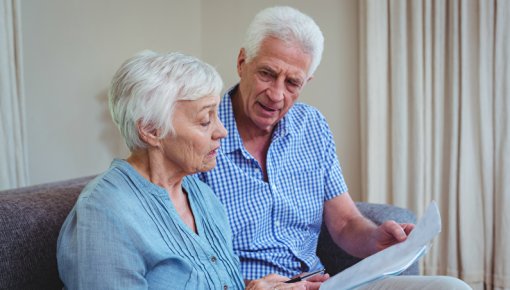I was given steroids at first
But the pain and other symptoms got worse so my doctor referred me to a rheumatologist, who soon diagnosed me with rheumatoid arthritis. The rheumatoid factor levels in my blood were normal to start with. They only increased later.
I was given steroids at first. That didn't help for long so I was prescribed methotrexate too. But that didn’t help for long either, and we kept having to increase the dose.
Then the doctor advised me to have treatment with a new drug called rituximab. I felt really unwell the first time I had a rituximab infusion. The doctors had forgotten to give me steroids beforehand, although that’s usually recommended. They had to stop giving me the infusion because I was in a lot of pain and had bleeding in my throat. I then went back for another rituximab infusion, but this time they gave me steroids beforehand and it was fine. I’ve been going back for infusions twice a year ever since. I also take methotrexate every week and steroids every day. I regularly do physiotherapy and occupational therapy too. That really helps.

